In February, Queen of the Entire World Beyoncé did something no one else has ever done before. She became the first Black woman to occupy the top spot on the country singles chart when her line-dance anthem, “Texas Hold ‘Em,” debuted at No. 1. What makes the accomplishment all the more impressive is that she did it without the full cooperation of the country establishment. Many fans wrote her off as insufficiently country, and many radio stations in that market refused to play the song.
The debate is whether a Black artist—in this case, a very successful Black woman—can make country music. Never mind that Beyoncé has professed a love for the genre, or that she recorded the even country-er “Daddy Lessons” in 2016, or that both “Texas Hold ‘Em” and its B-side, “16 Carriages,” both sound fundamentally country, with a keen understanding of the genre and its conventions and an even keener grasp of how to expand and reshape them. Still, the question somehow persists: Can a Black artist make country music?
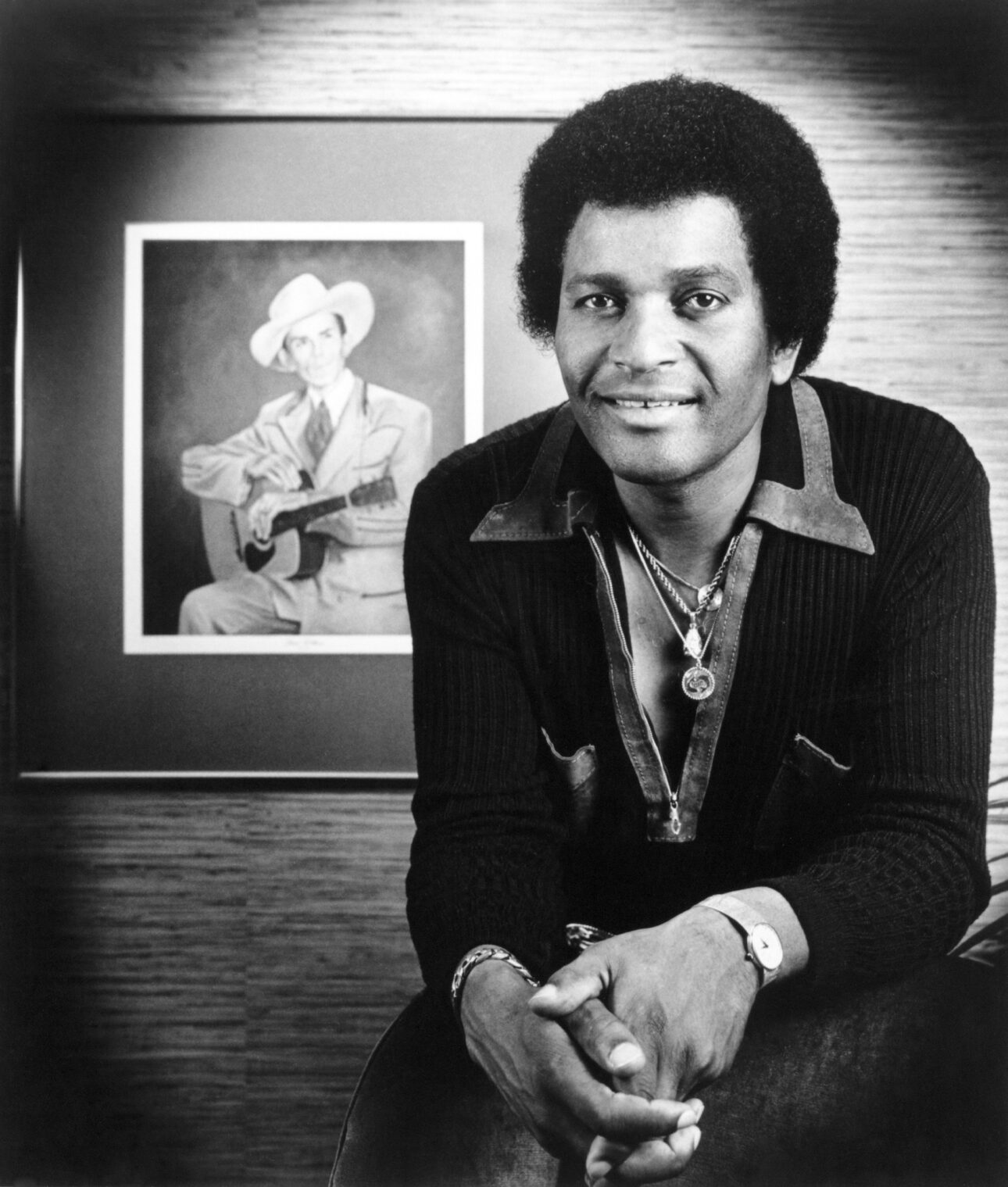

That’s the debate happening now, and it’s one that ought to have been settled five years ago, when Lil Nas X cracked the chart with “Old Town Road.” It ought to have been settled back in the 1970s, when Charley Pride scored a No. 1 country hit in every year of that decade. It ought to have been settled back in 1962, when Ray Charles sang songs by Hank Williams, Don Gibson, and Felice and Boudleaux Bryant on his two volumes of Modern Sounds in Country and Western Music. It should have been settled nearly 100 years ago, when DeFord Bailey became the breakout star of the Grand Ole Opry. In her new book My Black Country, the Nashville songwriter Alice Randall—who has been writing country hits for 40 years—says the debate should have been settled in the late 19th Century, when the Bohee Brothers were playing banjo around the South and recording on cylinders (which are lost today).
Despite making foundational contributions to the genre, Black artists are too often dismissed by fans and programmers who too invested in country music as an arena solely for white voices from rural areas singing about white experiences in rural areas. Meanwhile, white artists routinely borrow production and vocal techniques from Black artists. The 10 albums below not only attest to the amazing country music made by Black singers, but also demonstrate how wide-ranging country can be—from the mainstream to the countercultural, from the acoustic to the electric to the electronic.
This list barely scrapes the surface, so please excuse the absence of Howdy Glenn, Stoney Edwards, Bobby Womack, Dona Mason, Kane Brown, Rhiannon Giddens, Amythyst Kiah, Miko Marks, Allison Russell, and scores more. And I’m purposefully omitting compilations, but I highly recommend seeking out the two Dirty Laundry collections from the 2000s, which feature artists associated with R&B delivering badass country covers.
1. Ray Charles: Modern Sounds in Country and Western Music Volumes 1 & 2 (1962)
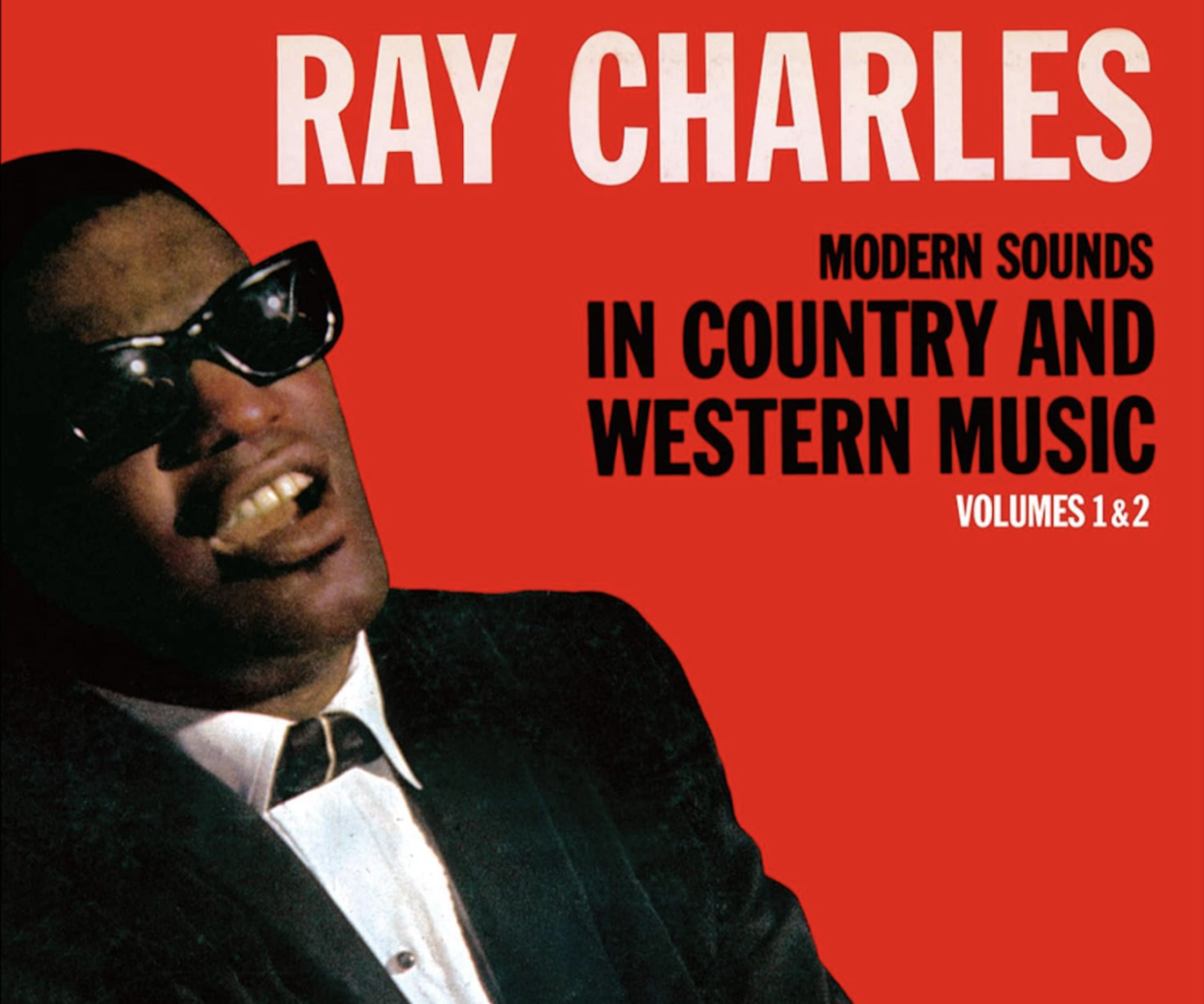

A country boy who grew up in rural Florida not far from the Georgia border, Ray Charles had been listening to country music all his life. When he was finally successful enough to record some of his favorite songs, he produced not one but two volumes of country covers, which showcased his deep knowledge of the genre and a visionary understanding of its core tenets. Country music was still pretty niche at the time, but Charles wisely meets songs like Hank Williams’ “Hey, Good Lookin’” and Felice and Boudleaux Bryant’s “Bye Bye Love” more than halfway, retaining their essential twang while incorporating some of the R&B elements he’d already innovated.
2. Charley Pride: The Pride of Country Music (1967)
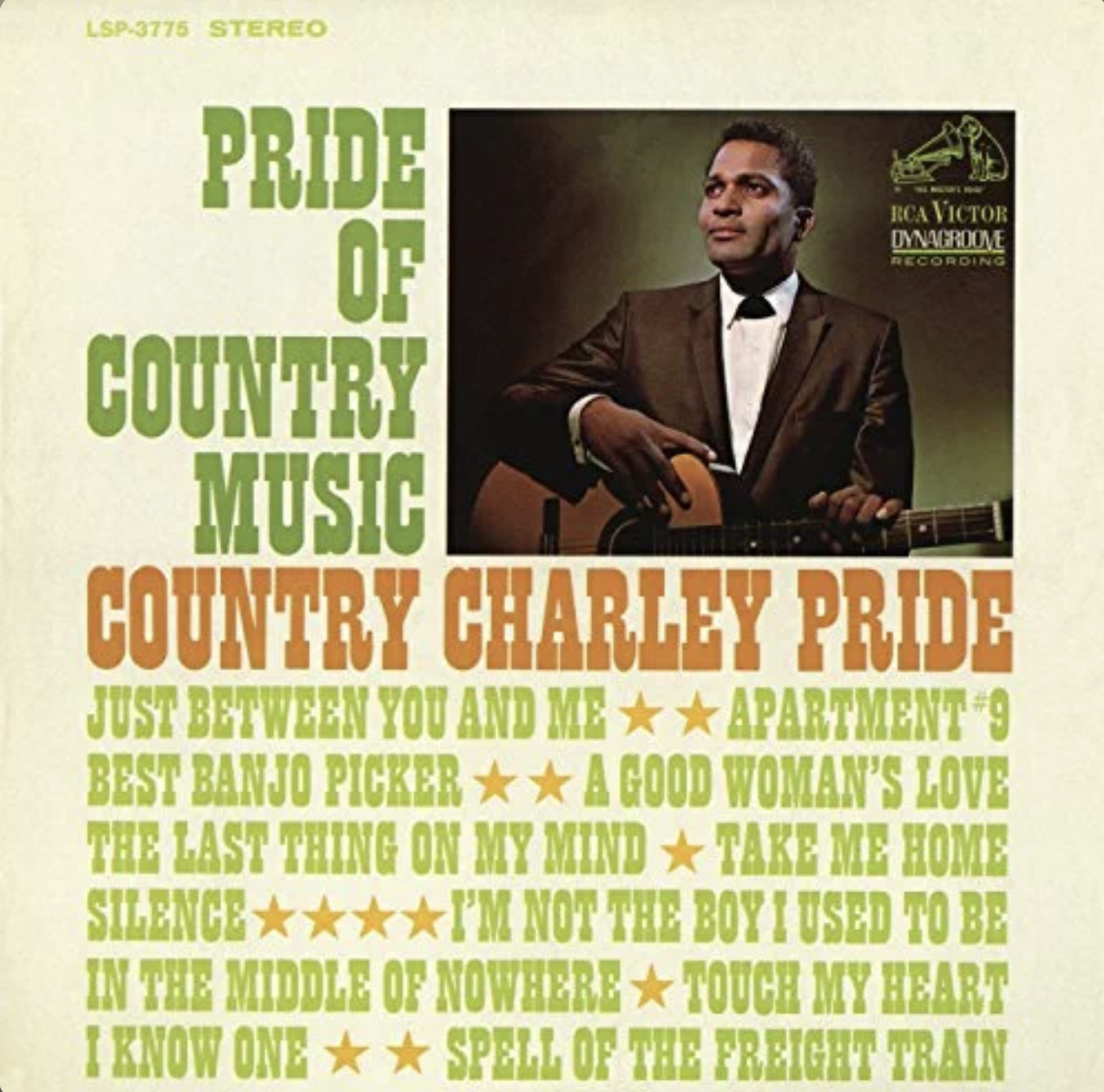

When Charley Pride signed with RCA in 1965, the label marketed him as “Country Charley Pride” and neglected to include a promotional photo in press packets. After all, radio didn’t betray skin color, and RCA certainly wasn’t going to sell him as a Black country artist a year after the Civil Rights Act became law. Later, his success allowed Nashville to congratulate itself for being inclusive without being progressive. In retrospect, the title of his second album sounds like a fanfare, announcing the arrival of his steely twang and his absolute authority with a song. On “Apartment No. 9,” a hit already associated with Tammy Wynette, he remains stoic in the face of heartache, which allows his listeners to shed their own tears.
3. Linda Martell: Color Me Country (1970)
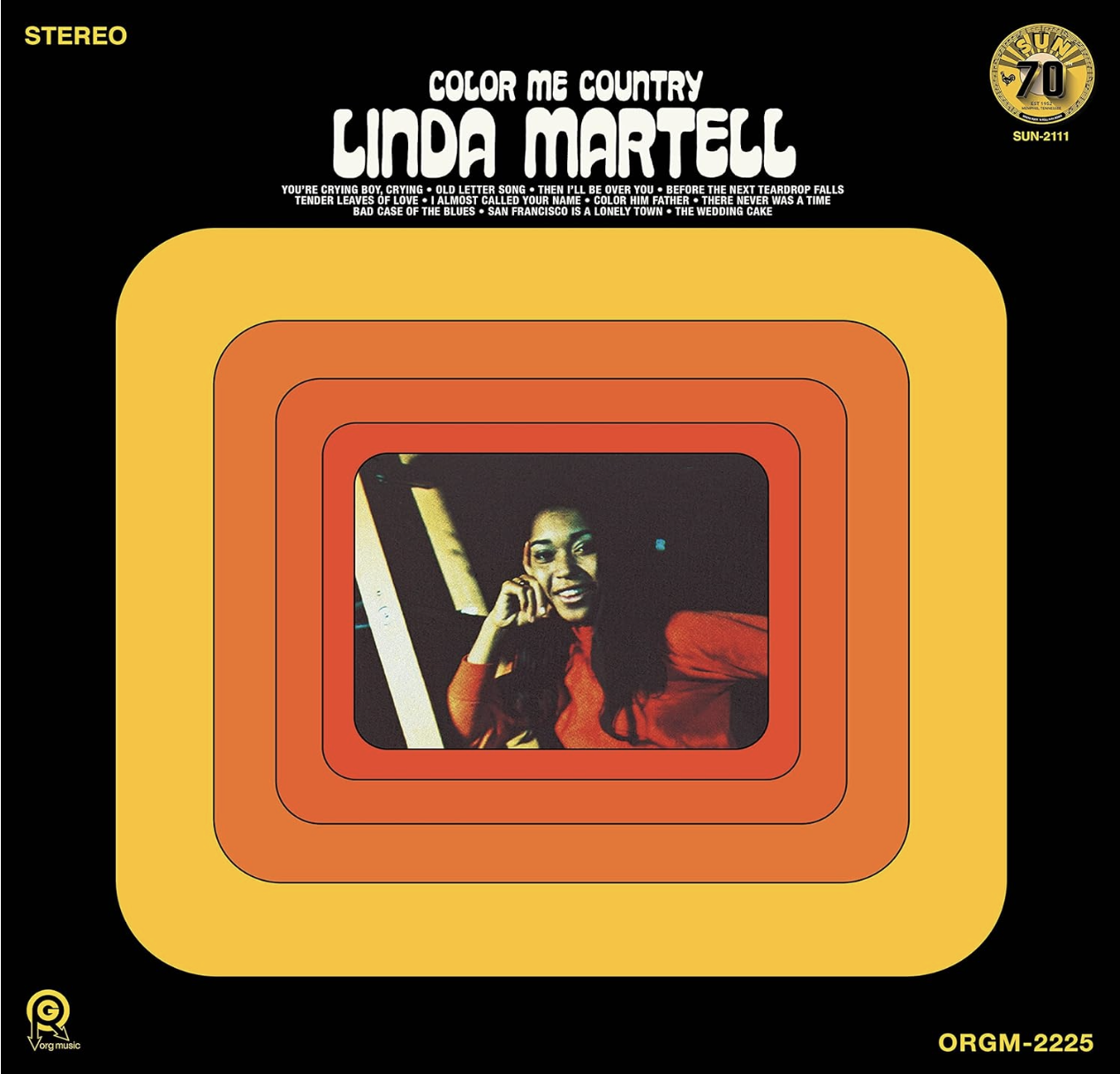

Pride’s success ought to have led to more Black voices in country music, but folks like Linda Martell still had to endure countless indignities, obstacles, and double standards. Around the time her single “Color Him Father” peaked at No. 22, Martell became the first Black woman to play the Grand Ole Opry, but her career sputtered afterwards. It’s only recently that her sole album has been reconsidered as a landmark release by an artist who truly deserved better. The one-two punch of “Color Him Father” (about a child accepting a new stepfather) and “There Never Was a Time” (about familial love enduring in the face of poverty) demonstrates her remarkable vocal and emotional range.
4. Sylvester and The Hot Band: Bazaar (1973)
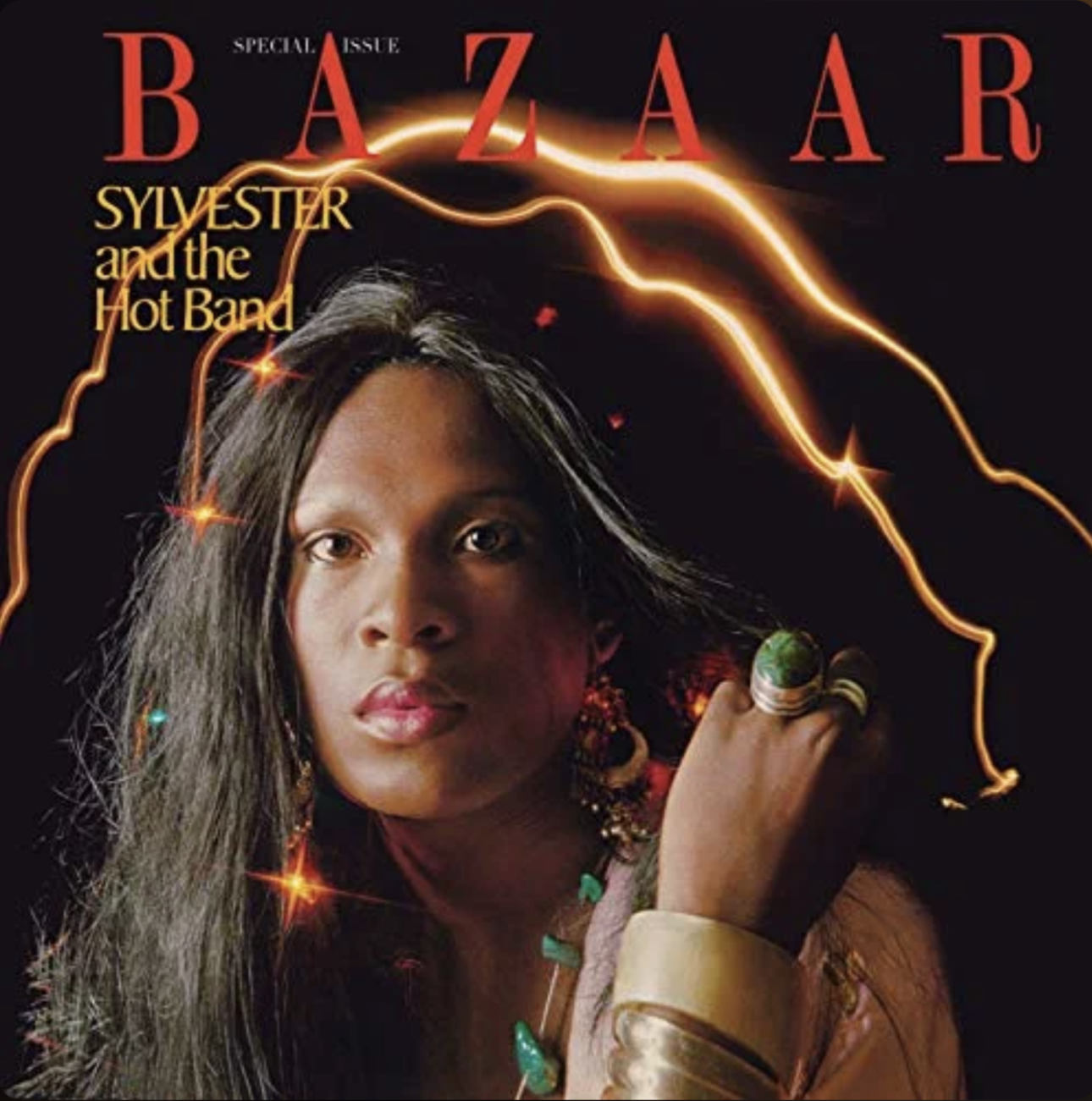

Before he ascended to disco godhead status in the late ’70s San Francisco dance scene, Sylvester fronted the integrated Hot Band, which recorded two albums before splintering. They obviously modeled themselves on Sly & the Family Stone, particularly in the way they incorporated various disparate musical genres to reflect the boundless possibilities of a post-Civil Rights America. Country and funk emerge as the dominant styles, and Sylvester’s powerful falsetto sounds amazing on James Taylor’s “Don’t Let Me Be Lonely Tonight.” Even better is his interpretation of “She,” which reaches gospel heights Graham Parsons himself could never have imagined.
5. Tina Turner: Tina Turns the Country On! (1974)
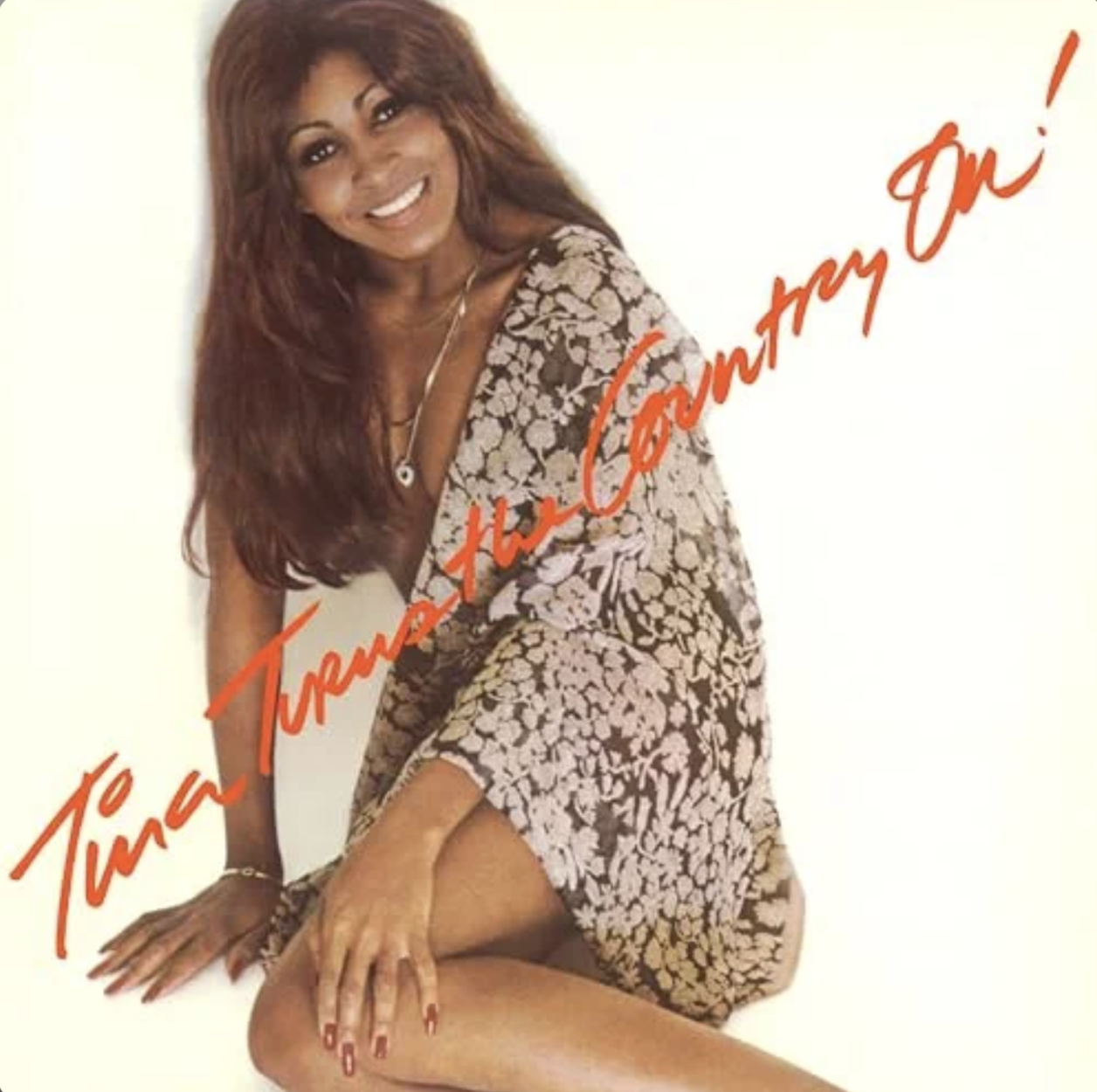

The years between her divorce from Ike Turner and her success with Private Dancer were full of uncertainty for Tina Turner, who gained personal and professional freedom but had to rebuild her career almost from scratch. Her debut suggests an artist trying out different styles and identities, as she chooses songs that make explicit the nostalgic and rural themes she’d already explored in “River Deep – Mountain High” and “Nutbush City Limits.” Tina Turns the County On! points to an alternate timeline where she innovated as a country singer, but Turner pivoted to a more straightforward rock sound on her follow-up.
6. Cleve Francis: Tourist in Paradise (1992)
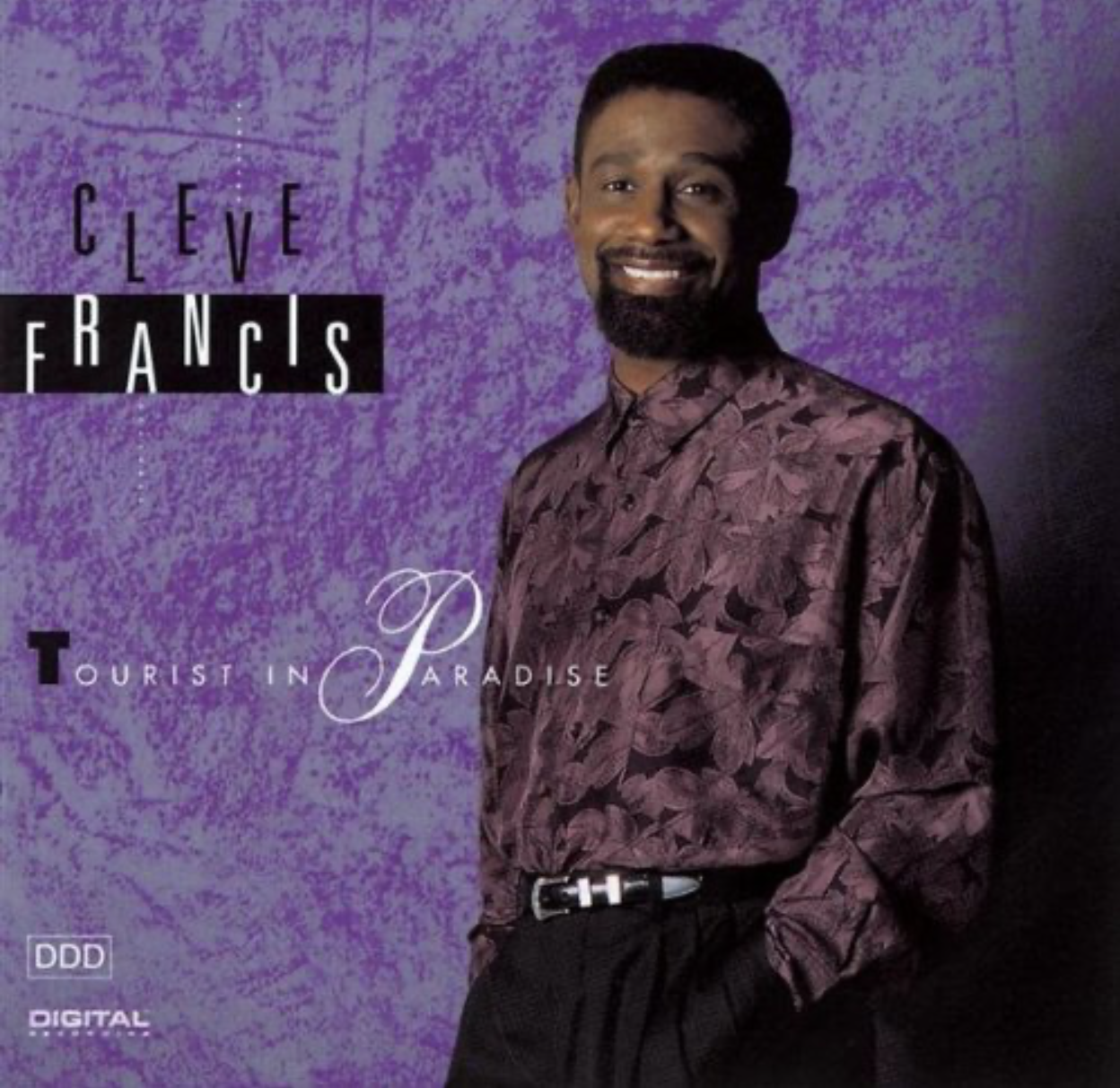

The nearly 20-year gap between the previous entry and this one shows just how difficult it became for Black country artists to break through during the Reagan Administration. In that long stretch of time, the Louisiana-born singer-songwriter Cleve Francis got his degree as a cardiologist and moonlighted as a folk singer and songwriter, until his side hustle led him to Nashville in the early 1990s. Of the handful of records he released during that time, Tourist in Paradise remains his peak, showing off his casual twang on songs like the gospel-country “Love Light” and the exquisitely contented love song “You Do My Heart Good.”
7. Rissi Palmer: Rissi Palmer (2007)
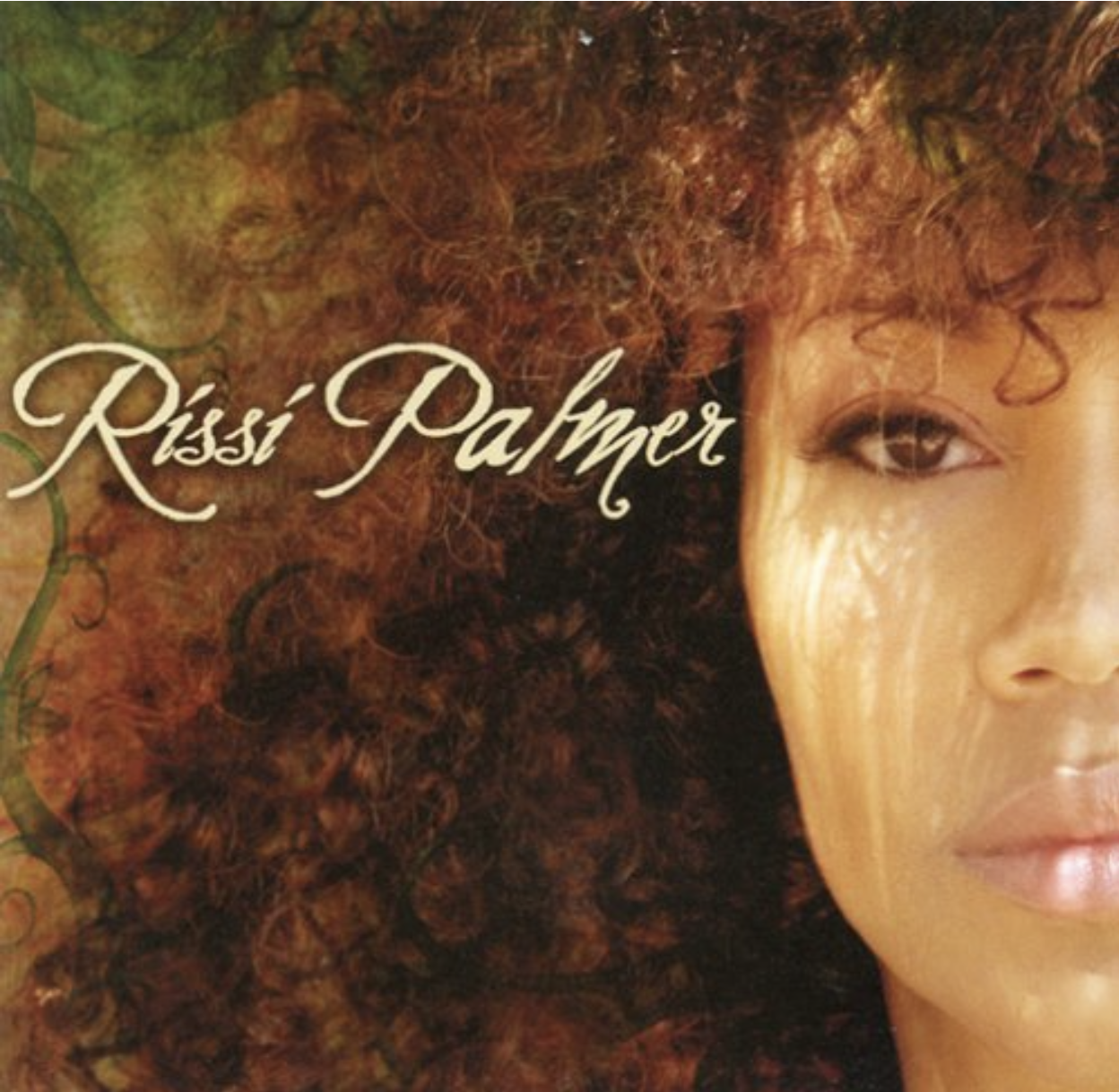

Two years after appearing on the CMT documentary Waiting in the Wings: African-Americans in Country Music, Rissi Palmer seemed poised for a breakout. Her debut album created some buzz, and her anthem “Country Girl” (“It’s a state of mind, not where you’re from”) became the first single by a Black artist in 20 years to land on the country songs. Rissi Palmer introduces a singer of remarkable insight who can put her own spin on the Patsy Cline hit “Leavin’ on Your Mind.” Nearly two decades later, that album is barely in print and deserves a reissue proclaiming it as a foundational text for subsequent generations.
8. Darius Rucker: True Believers (2013)
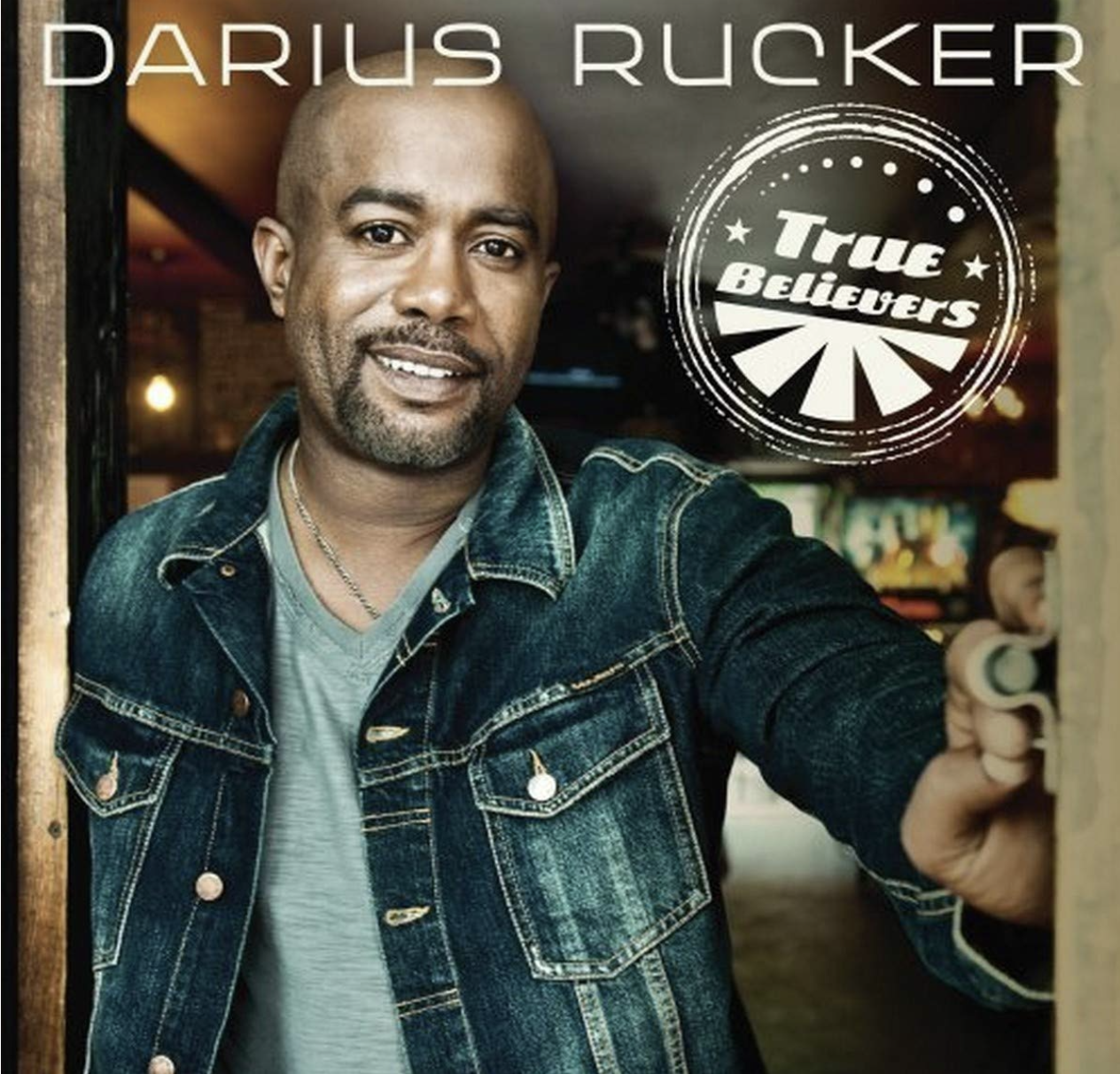

All respect to Hootie & the Blowfish, but Darius Rucker found his truest calling as a country artist. Granted, he didn’t have to travel far from South Carolina rock band to Nashville crooner. With his big, affably soulful voice, he translated naturally to country radio, and 10 years into this second chapter he released what may be his best album, a collection of dramatic anthems, sharp earworms, and thoughtful lyrics about home and heartbreak. Thanks to the crossover hit “Wagon Wheel,” it’s certainly his most popular.
9. Mickey Guyton: Remember Her Name (2021)
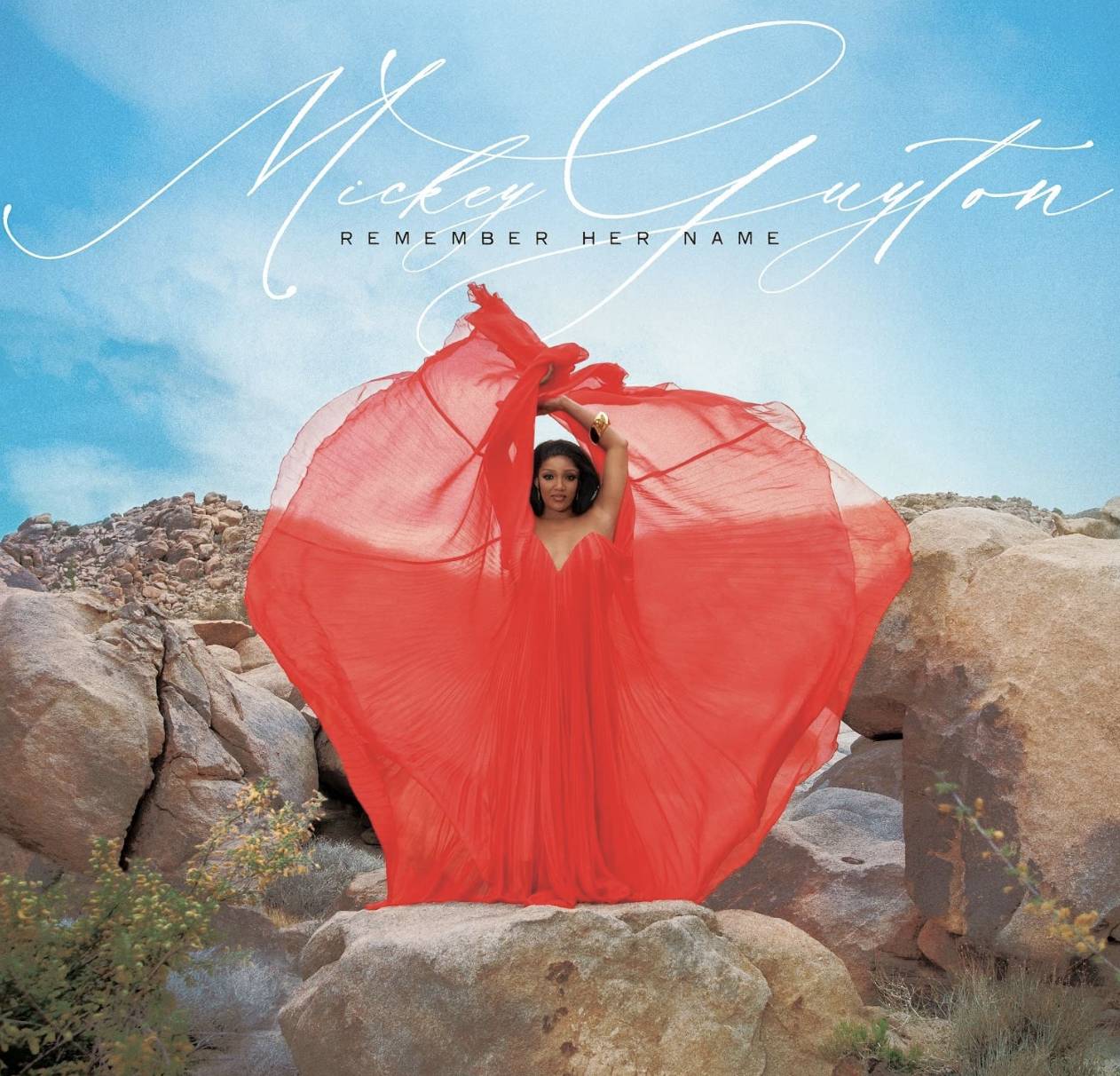

Texas-born Mickey Guyton had been a major-label artist in Nashville for five years when she was inspired to write “Black Like Me” during the demonstrations following the murder of George Floyd. “If you think we live in the land of the free, you should try to be Black like me,” she sings, understanding that the sentiment carries immense baggage wrapped up in a country song. Remember Her Name, her long-awaited debut album, is smart, moving, funny, and heartbreaking, as she bends country’s central theme—loneliness in search of good company—into a powerful and persuasive statement about being Black in America.
10. Brittney Spencer: My Stupid Life (2024)
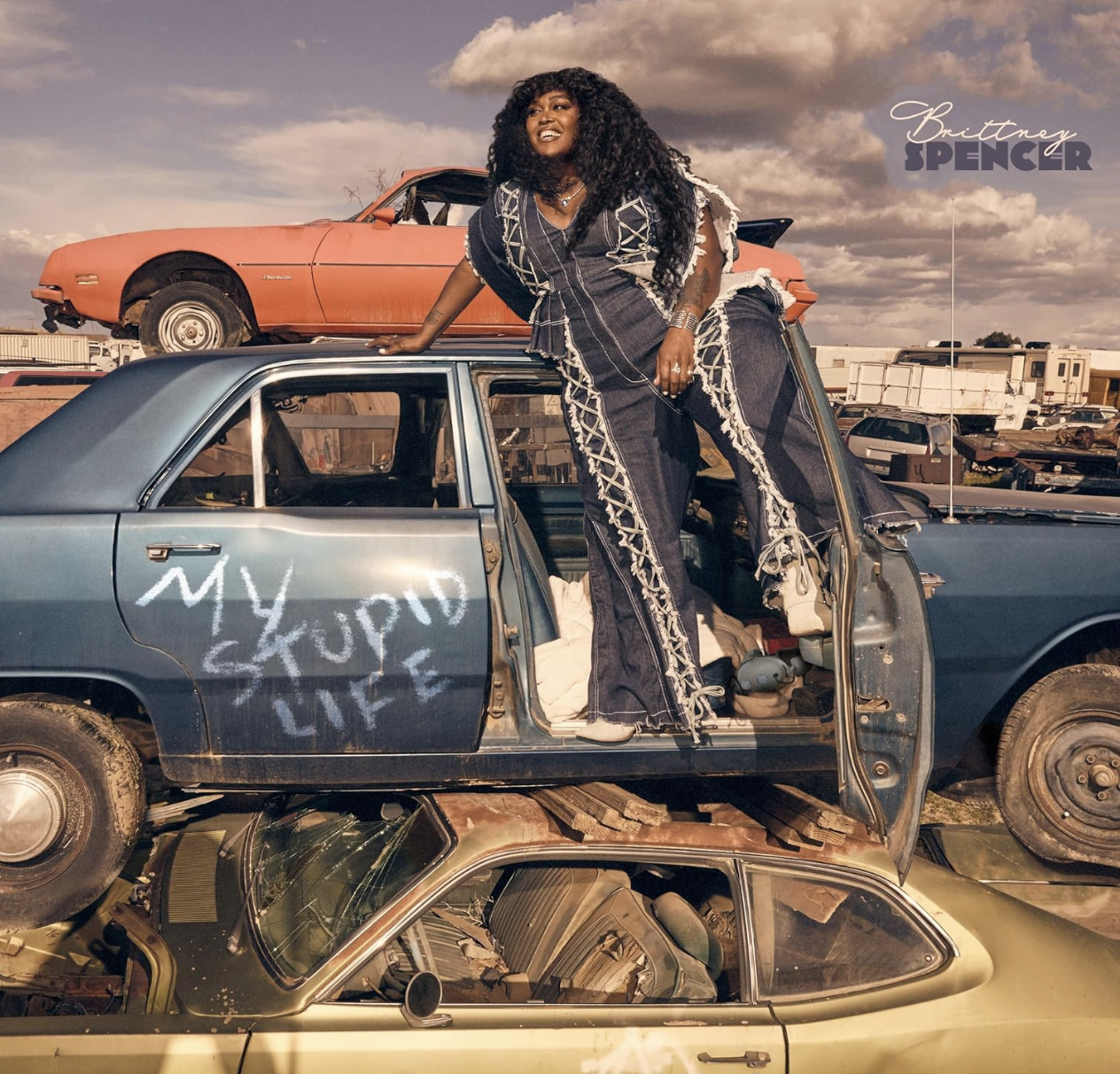

A Baltimore native who sang backup for Carrie Underwood and opened for Jason Isbell before signing a major-label contract, Brittney Spencer lists all of her influences on “Bigger Than the Song,” which is her mission statement: A good song “makes you wanna be fancy like Reba, a queen like Aretha, in love like Johnny and June.” Those and other favorites—Janet Jackson, Alanis Morissette, Dolly Parton—inform her first album, which is already one of the year’s finest and most surefooted debuts. Like every artist on this list, country is a genre, but it’s also a quality within the artist herself—something she brings to whatever song she’s singing.

